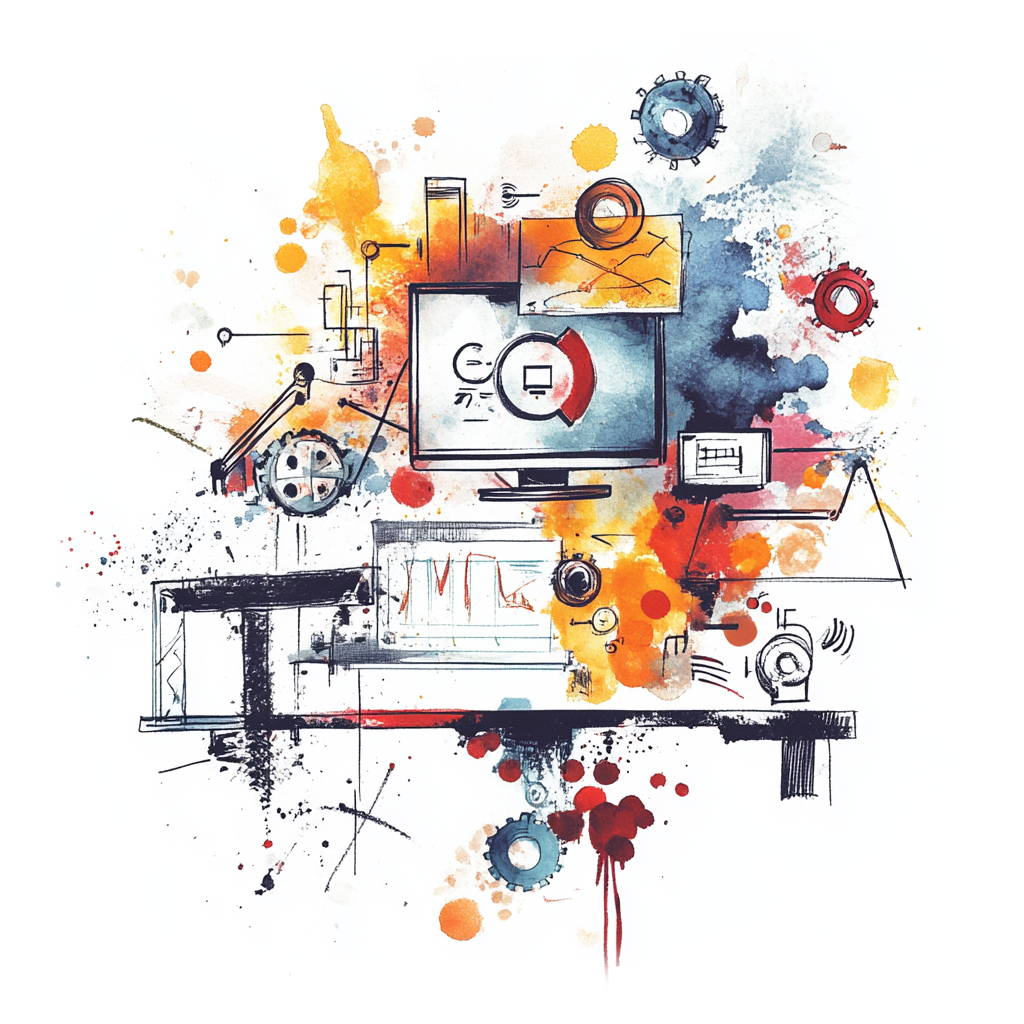Leveraging Self-Owned AI in Recycling
Learn how Recycling companies can leverage self-owned AI to enhance their operations and drive innovation.

Harnessing Your Own AI: A Game Changer for Upstream Operators in the Recycling Industry
In the ever-evolving world of recycling, upstream operators face unique challenges. From sorting materials to managing supply chains, the intricacies of the recycling process require innovative solutions. Enter your own AI—an independent language model that can catapult your recycling operations into the future. But how exactly can a self-hosted AI benefit your company? Let’s break it down.
Real-World Use Cases: AI in Action
-
Sorting Materials with Precision
Imagine having an AI that can analyze and categorize different materials in real-time. Picture a recycling facility where operators can simply input the types of items they’re processing. Your AI can provide recommendations on the best sorting methods and even predict the market value of those materials. This not only saves time but increases the accuracy of material sorting—leading to higher quality recyclable goods. -
Streamlining Communication
Communication barriers can stifle productivity. With your own AI, operators can implement a chatbot that assists employees in addressing inquiries about recycling processes, equipment, or safety protocols. Whether it’s a new recruit or a seasoned professional, instant access to information creates a harmonious workflow. -
Enhancing Training Programs
Think about the hours spent training employees on proper recycling techniques. Your AI can serve as an interactive learning platform, providing tailored training modules based on specific roles within the company. It can assess knowledge gaps and evolve the training process to better equip your staff. -
Predictive Maintenance for Equipment
Everyone dreads equipment breakdowns, especially when they lead to costly downtime. Imagine having an AI that analyzes data from your recycling machines, predicting maintenance needs before a breakdown occurs. This proactive approach not only enhances efficiency but also extends the lifespan of your essential machinery.
Why Your Own AI Makes Sense
Now that we've painted a picture of how this could work, let's explore why hosting your own AI is the way to go:
-
Tailored Solutions: Unlike generic AI solutions that may not align with your specific operations, your own AI can be built to cater to the exclusive requirements of your recycling facility.
-
Data Privacy and Control: In an industry where information about materials and business processes can be sensitive, having your own AI means you retain complete control over your data. No sharing with third parties, ensuring both security and privacy.
-
Cost-efficiency & Scalability: While the initial investment may seem daunting, having your own AI eliminates ongoing subscription costs associated with third-party services. Plus, as your operations expand, your AI can grow with you—scaling and adapting to new needs without hefty price tags.
-
Continuous Improvement: With your own AI, you can continuously train and improve the model. This allows it to evolve alongside your operations, ensuring that it remains relevant and capable of meeting new challenges head-on.
How to Get Started with Your Own AI
Ready to dive in? Here are some straightforward steps to set you on the path to harnessing your own AI for your recycling operations:
-
Identify Your Needs
Start by assessing the specific areas in your operations that could benefit from AI. Is it training, communication, or predictive maintenance? Pinpointing your needs will guide the development of your AI. -
Work with Experts
Partner with a reputable software development firm that specializes in AI. They can help you design, develop, and host your tailored solution, ensuring it meets your unique requirements. -
Gather Data
The effectiveness of your AI will depend on the quantity and quality of data it’s trained on. Start collecting relevant data—from equipment performance metrics to employee training outcomes. -
Develop an Iterative Plan
Start small. Develop a minimum viable product (MVP) version of your AI that focuses on one or two key areas for immediate impact. From there, you can expand its capabilities as it matures. -
Train and Refine
Launch your AI and continuously monitor its performance. Use feedback both from employees and data analytics to make improvements over time. This iterative process will help your AI become an indispensable part of your operations.
By taking the leap into self-hosted AI, upstream operators in the recycling industry can not only streamline their operations but also empower their workforce. As the recycling landscape continues to evolve, your own AI could be the key to unlocking a future where efficiency and sustainability go hand in hand. Get ready to change the game!
